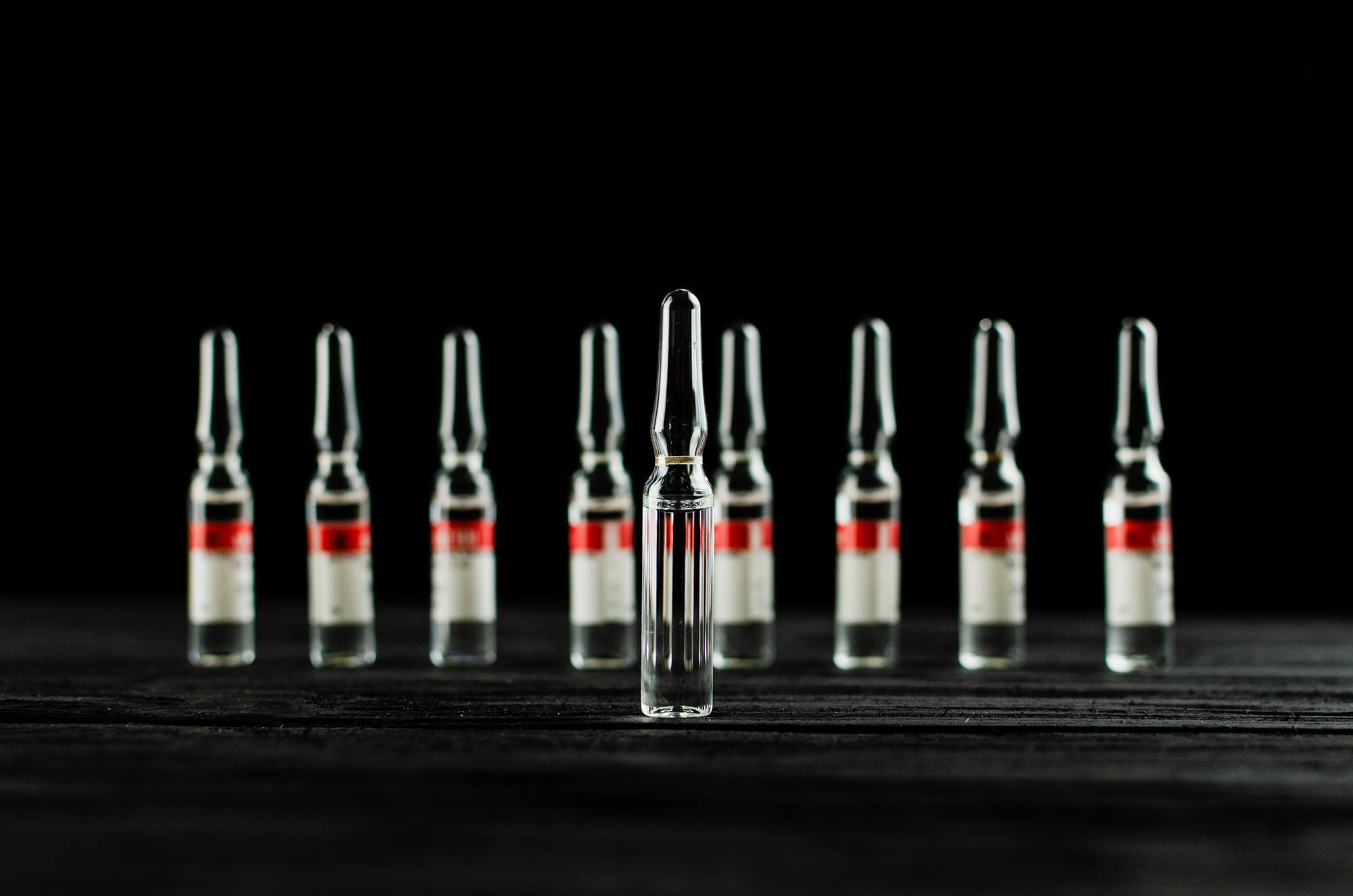How to avoid lidocaine allergy: tips and advice


Viktor Levchenko
What is a lidocaine allergy?
Lidocaine allergy is an immune reaction of the body to the administration of this local anesthetic, which is often used in dentistry as well as in surgery and other areas of medicine. This condition, although rare, is important to understand because its manifestations can be very serious.
In fact, pure lidocaine allergies are very rare. Some studies show that additives and stabilizers in the drug are more likely to cause allergic reactions.
Symptoms of lidocaine allergy
Lidocaine allergy, like any other allergy, can manifest with a variety of symptoms that can range from mild to severe.
- Skin manifestations are some of the most common symptoms of lidocaine allergy. These can be redness, itching, rash, or urticaria. Skin symptoms usually appear within minutes to hours after the drug is injected.
- Lidocaine allergy can also cause respiratory symptoms such as difficulty breathing, wheezing, laryngeal edema, or bronchospasm. These symptoms require immediate medical attention.
Anaphylactic shock and lidocaine allergy
In rare cases, lidocaine allergy can cause anaphylactic shock, a serious condition that requires immediate medical attention. Symptoms may include a sudden drop in blood pressure, palpitations, nausea, vomiting, and loss of consciousness.
Causes of lidocaine allergy

Although in most cases it is lidocaine that causes the allergic reaction, in some cases the allergy can be caused by other components of the drug, such as preservatives or antioxidants.
Diagnosis of lidocaine allergy
It is important to know if there is an allergy to lidocaine. To do this, the doctor may suggest an allergy test or a blood test for antibodies to lidocaine. Sometimes an injection test is used, but it is performed only under the strict supervision of a specialist because of the risk of developing a serious allergic reaction.
Treatment of lidocaine allergy

If you are allergic to lidocaine, the best treatment is to avoid contact with it. You should let your doctor or dentist know so they can choose an alternative pain reliever.
Antihistamines such as diphenhydramine or cetirizine can be used to treat allergy symptoms. They help reduce itching, redness, and swelling.
Epinephrine and emergency measures for anaphylactic shock
In cases of anaphylactic shock, epinephrine (adrenaline) is used. This drug quickly relieves symptoms, improves heart function and raises blood pressure. This emergency condition requires immediate hospitalization and further observation.
Prevention of lidocaine allergy
If you are allergic to lidocaine and need an anesthetic, you can use alternative medications such as bupivacaine or procaine. However, before using them, an allergy test is also recommended to rule out a cross reaction.
In conclusion, lidocaine allergy is a rare but serious condition that requires an informed approach from both the patient and the doctor. Knowing the symptoms and possible causes helps identify the problem in a timely manner and take the necessary steps to prevent serious consequences. If you suspect a lidocaine allergy, it is important to discuss it with your doctor or allergist.
Related Materials
New materials
Popular Articles
We recommend reading
Contact us in the Contact Us section to ask questions, offer ideas, or for more information about our allergy resource.
Our articles are your trusted source of allergy knowledge. Learn how to make life with allergic reactions easier on our specialized portal.
©
Lechenie-Allergii.com. All rights reserved.
© Lechenie-Allergii.com. All rights reserved.
The information on this site is for informational purposes only and is not a substitute for professional medical advice. We recommend consulting with qualified medical professionals for accurate information and advice.
 English
English  Українська
Українська  Русский
Русский 









